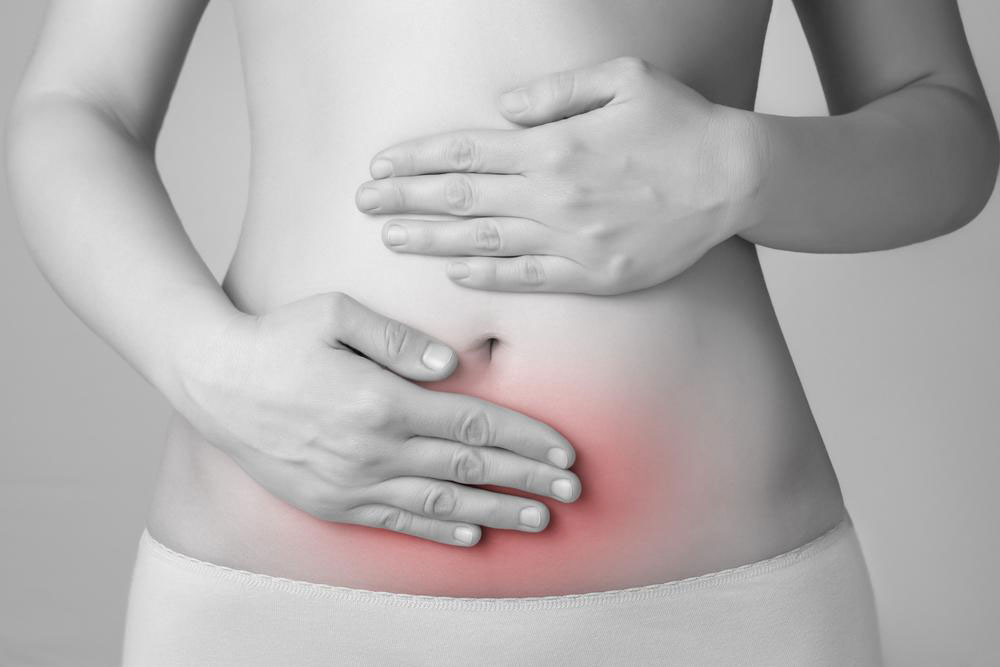Comprehensive Guide to Recognizing the Early Signs and Symptoms of Pregnancy
This comprehensive guide explores the early signs and symptoms of pregnancy, including missed periods, fatigue, nausea, breast changes, and more. Recognizing these early indicators can help women confirm pregnancy sooner, enabling timely medical consultation and prenatal care. Understanding the subtle bodily changes associated with pregnancy equips women with vital knowledge to better navigate early pregnancy stages for a healthier future.

Recognizing the Initial Signs of Pregnancy
For women who are trying to conceive or suspect they might be pregnant, identifying early symptoms is crucial for timely confirmation and prenatal care. The most common first indicator of pregnancy is a missed menstrual period, but various other symptoms can provide additional clues. Understanding these early signs can help women recognize pregnancy in its initial stages, enabling them to seek medical advice promptly. This comprehensive overview covers the subtle and obvious symptoms that often signal the onset of pregnancy.
Missed or Delayed Period
The most noticeable early sign for many women is a missed period. Typically, women experience a regular menstrual cycle, but if your period is late by more than a week, it might be an indication of pregnancy. Keep in mind, though, that irregular periods can also stem from other health issues such as hormonal imbalances, stress, weight fluctuations, or thyroid problems. Therefore, it's wise to monitor other symptoms along with a missed period to get a clearer idea of your pregnancy status.
Persistent Fatigue
Feeling unusually exhausted, more so than normal, can be an early pregnancy symptom. Increased levels of progesterone during pregnancy induce drowsiness and fatigue as your body begins to adapt to the hormonal changes. Many women report feeling more tired than usual even before confirming pregnancy, making fatigue an important early indicator.
Frequent Urination
Hormonal shifts, notably elevated levels of human chorionic gonadotropin (hCG), increase blood flow to the pelvic region, which exerts pressure on the bladder. As a result, women often experience a frequent urge to urinate, sometimes even during the night. This symptom can start as early as 6 weeks into pregnancy and become more prominent as pregnancy progresses.
Nausea and Morning Sickness
Commonly referred to as morning sickness, nausea and vomiting can occur at any time of the day during early pregnancy. Although the exact cause remains unclear, hormonal fluctuations, particularly increased levels of hCG and estrogen, play a significant role. Not all women experience this symptom, but for those who do, it can be one of the earliest signs indicating pregnancy.
Breast Changes and Sensitivities
Hormonal changes during pregnancy often result in sore, swollen, or tender breasts. These symptoms tend to occur early on and usually subside as the body adjusts to the new hormonal balance. Women may also notice that their nipples become more sensitive or that the area around the nipples darkens. These changes are typical and serve as another early pregnancy indicator.
Nasal Congestion and Respiratory Changes
Hormonal fluctuations can cause swelling in the nasal passages, dryness, or minor bleeding, leading to a stuffy or runny nose. Such nasal symptoms are common during early pregnancy and may resemble cold or allergy symptoms, but they are tied to hormonal influences affecting mucous membranes.
Increased Food Sensitivities and Aversions
Pregnant women often experience heightened sensitivities to certain foods and smells. Specific foods may suddenly become unappealing, or women may develop strong dislikes for previously enjoyed flavors. These aversions are believed to be driven by hormonal shifts that alter taste and smell perceptions, serving as early clues to pregnancy.
Mild Cramping and Spotting
Light abdominal cramps are common as the uterus begins to expand and prepare for pregnancy. Some women also experience light spotting or implantation bleeding, which occurs when the fertilized egg attaches to the uterine lining. Although not guaranteed, this minor bleeding can happen around the time of a missed period and serve as an early pregnancy sign.
Digestive Changes and Constipation
Hormonal changes can slow down digestion, leading to symptoms such as bloating and constipation. Women often report feeling constipated during early pregnancy, underscoring the importance of dietary adjustments or medical consultation to manage symptoms effectively.
Recognizing early signs of pregnancy involves paying close attention to both subtle and noticeable bodily changes. While symptoms like missed periods, fatigue, and breast tenderness are common initial indicators, other signs such as nasal congestion, food aversions, and light spotting can further confirm pregnancy. However, the most reliable method to confirm pregnancy remains a healthcare professional's test, typically involving blood or urine analysis. If you suspect you might be pregnant based on these early symptoms, it's essential to schedule a medical appointment for confirmation and to start prenatal care for a healthy pregnancy journey. Keep track of your symptoms and discuss them with your healthcare provider to ensure personalized advice and care planning.





